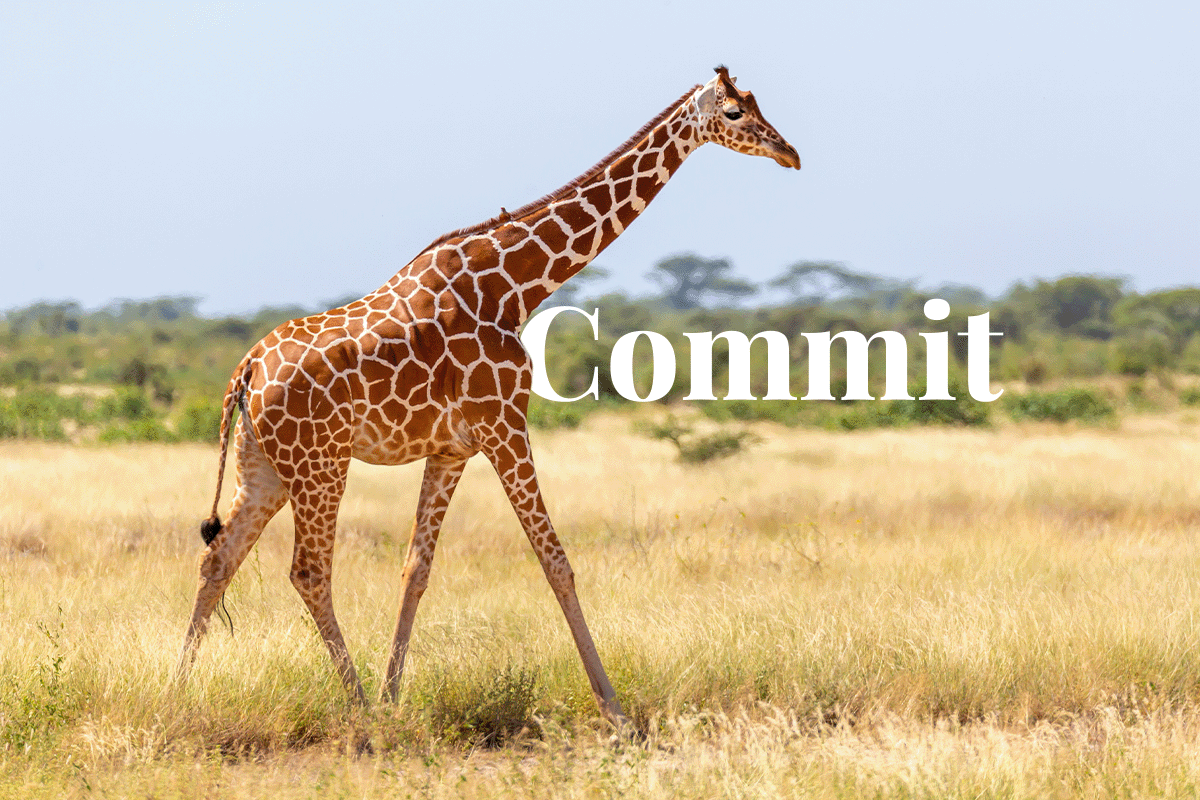Somalia has announced its commitment of $10 million to combat the destructive effects of desertification and biodiversity loss in the country. The President of Somalia, Hassan Sheikh Mohamud, joined the Great Green Wall Initiative (GGWI) in the capital city of Mogadishu in collaboration with the International Fund for Agricultural Development. The GGWI is a renowned programme led by the African Union, established in 2007 to address desertification, climate change, and biodiversity loss across the Sahel to the Horn of Africa.
 Somalia giraffe walking over a lush meadow.
Somalia giraffe walking over a lush meadow.
President Mohamud expressed Somalia's dedication to addressing climate change and environmental degradation, recognising the suffering it has caused the nation's people. The launch was attended by key officials from the Federal Government of Somalia, the African Union Transition Mission in Somalia, the United Nations, and international partners.
With Somalia's inclusion, the GGWI now encompasses 36 member states from the Sahara, Sahel, Horn of Africa, and Southern Africa drylands. This initiative aligns with President Mohamud's 'Regreening Somalia' campaign, introduced last year, which aims to plant 10 million trees to bolster biodiversity, enhance climate resilience, and combat the recurring devastating droughts in the country.
Read more: Preventing desertification: Top 5 success stories
Ambassador Mohamed El-Amine Souef, speaking on behalf of the African Union, expressed support for Somalia's efforts, stating that the Mission would continue to aid the Federal Government of Somalia in its regreening endeavours. Additionally, the African Union hopes that the GGWI will restore a total of 910 million hectares of degraded land by 2063, with a vision of restoring 100 million hectares by 2030, sequestering 250 million tonnes of carbon, and generating 10 million green jobs in the Sahel region and drylands of Africa.
Read more: 20 Million new jobs possible through nature-based solutions, according to UN report
Somalia's Minister for Environment and Climate Change, Khadija Al-Makhzoumi, welcomed the initiative, highlighting its potential to address the country’s deforestation and climate-related challenges. Despite contributing only 4% of global greenhouse gas emissions, Africa is increasingly vulnerable to climate shocks. The GGWI aims to mitigate these challenges and restore degraded land, ultimately fostering a greener and more sustainable future.
At DGB Group, we go beyond the scope of carbon sequestration to embrace a comprehensive vision of sustainability that encompasses social and economic considerations. Our large-scale tree-planting initiatives not only combat deforestation and desertification but also contribute to the development of sustainable local livelihoods. Through engagement with our projects, stakeholders actively contribute to ecosystem restoration, biodiversity preservation, and the fight against climate change. Together, we can forge a future where human activities and the natural world harmoniously coexist, ensuring a sustainable and flourishing planet for generations to come.
Start planting trees today

